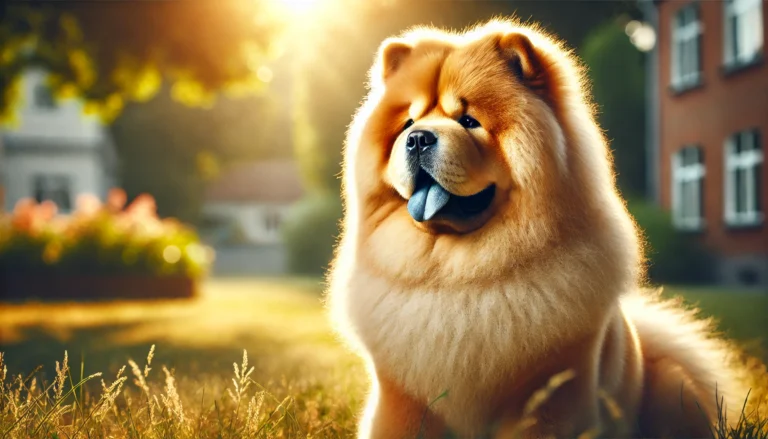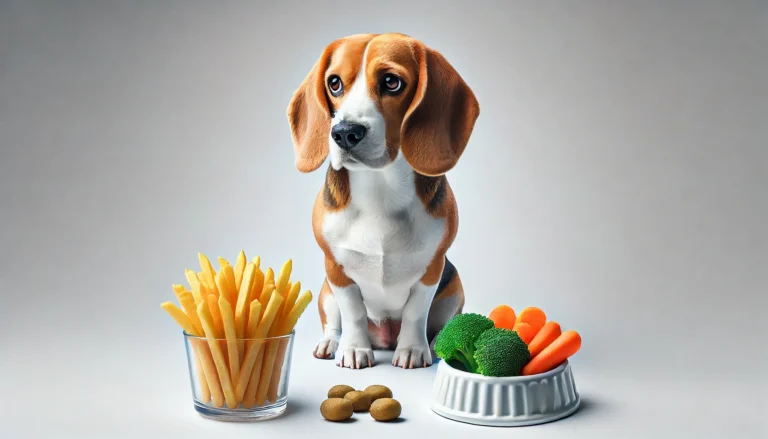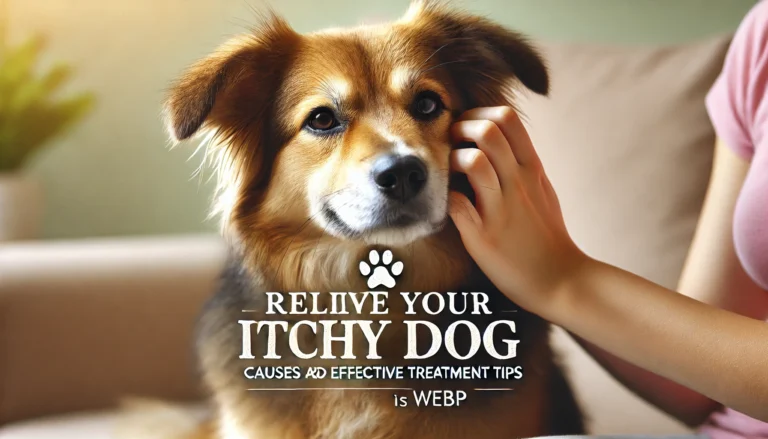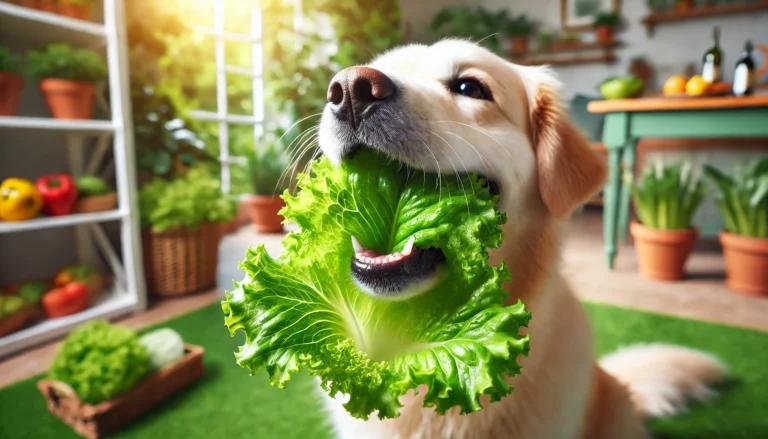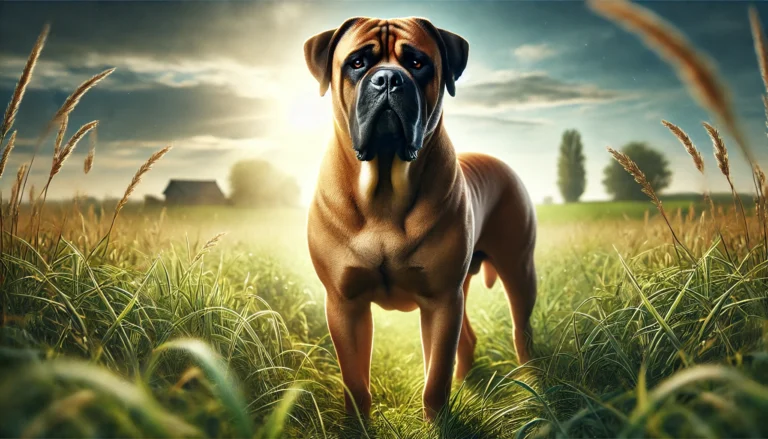Optimizing Dog Neuter Recovery: Essential Care After Surgery
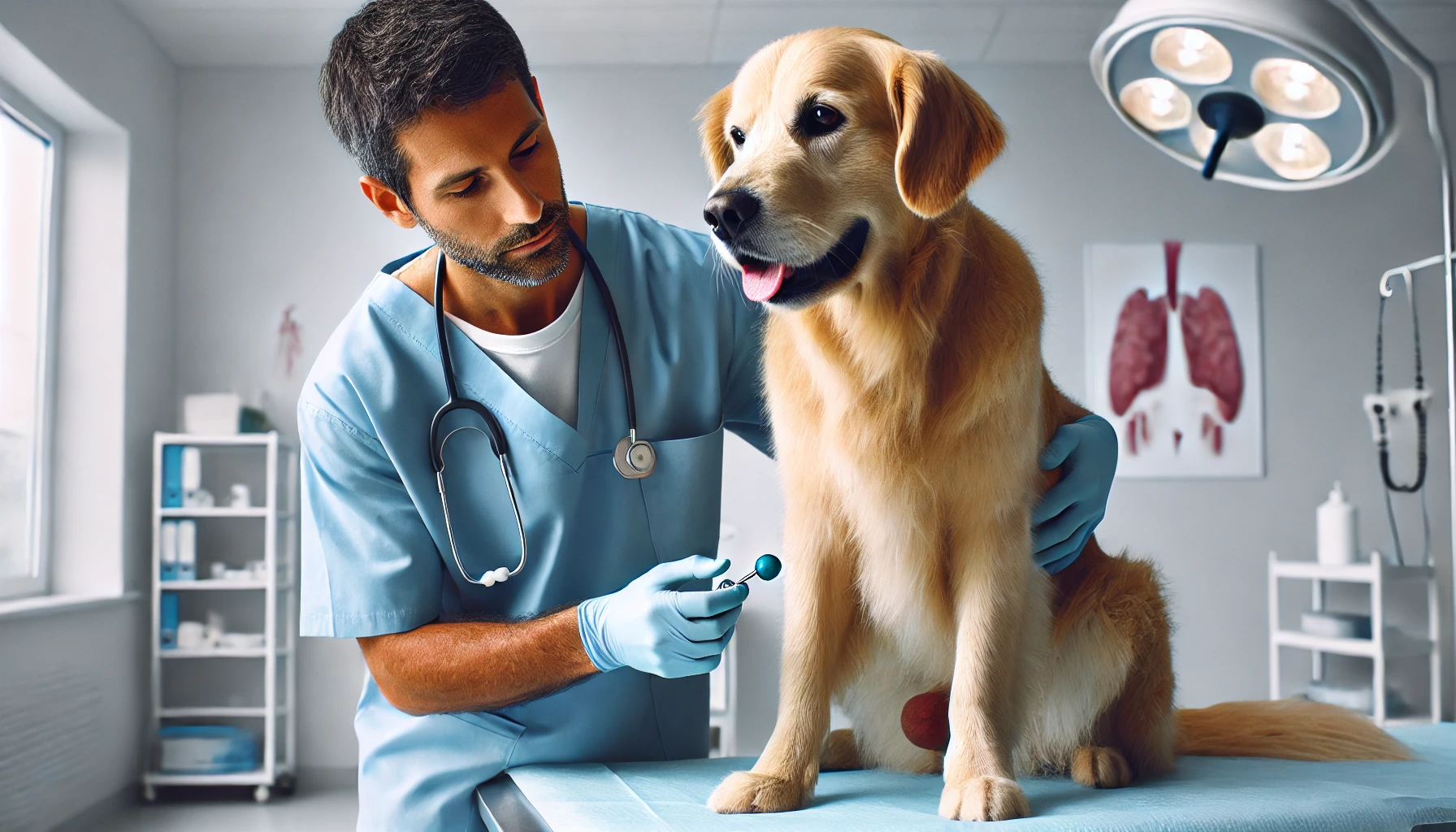
Introduction
Neutering is a common surgical procedure for male dogs, involving the removal of their testicles. Dog Neuter Recovery This procedure, also known as castration, is typically recommended by veterinarians for various health and behavioral reasons. After undergoing neutering surgery, your dog requires special care to ensure a smooth recovery and to prevent complications.
What Is Dog Neutering?
Dog neutering, specifically castration for males, is a surgical procedure performed under general anesthesia. It involves the removal of the testicles, which are responsible for producing sperm and testosterone. Neutering is beneficial not only for preventing unwanted litters but also for reducing the risk of certain health issues such as testicular cancer and prostate problems later in life.
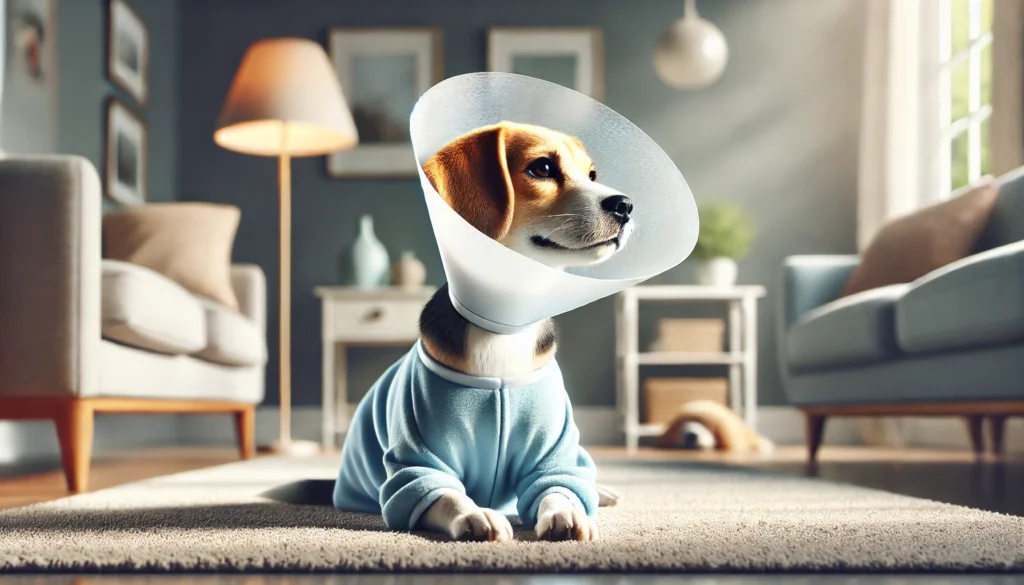
Post-Surgery Care Tips
Dog Neuter Recovery, After your dog undergoes neutering surgery, it’s important to follow these guidelines for their recovery:
- Rest and Observation
- Rest:
- After surgery, provide a quiet and comfortable environment for your dog to rest. This helps them recover without unnecessary stress.
- Observation:
- Monitor your dog closely for the first 24 hours post-surgery. This period is critical for detecting any immediate complications or unusual behaviors.
- Rest:
- Limit Activity
- Activity Restriction:
- Restrict your dog’s physical activities for at least 7-10 days following surgery. Avoid activities like running, jumping, or rough play, as these could strain the healing surgical site.
- Leash Use:
- When taking your dog outside, use a leash to control their movement and prevent them from engaging in strenuous activities.
- Activity Restriction:
- Pain Management
- Medication:
- Your veterinarian may prescribe pain medication to manage post-operative discomfort. Administer these medications as directed to ensure your dog remains comfortable during the recovery period.
- Monitoring Pain:
- Watch for signs of pain such as whimpering, restlessness, or reluctance to move. Contact your veterinarian if these signs persist or worsen.
- Medication:
- Diet and Water Intake
- Water:
- Offer your dog small amounts of water once they are fully awake and alert post-anesthesia. Monitor their intake to ensure they drink slowly and avoid overhydrating.
- Diet:
- Gradually reintroduce their regular diet with small, easily digestible meals. This helps prevent gastrointestinal upset and supports their recovery.
- Water:
- Monitoring the Incision Site
- Incision Care:
- Check the incision site daily for signs of infection, such as redness, swelling, discharge, or excessive licking. These could indicate a complication that requires veterinary attention.
- Preventing Licking:
- Prevent your dog from licking or chewing the incision by using an Elizabethan collar (cone). This protective device ensures the surgical site remains undisturbed during the healing process.
- Incision Care:
- Follow-Up Care
- Veterinary Visits:
- Attend any scheduled follow-up appointments with your veterinarian. These visits allow the vet to monitor the healing progress, assess the incision site, and determine if stitches need removal.
- Communication:
- Communicate any concerns or observations regarding your dog’s recovery to your veterinarian promptly. Early detection of issues can prevent complications and ensure effective treatment.
- Veterinary Visits:
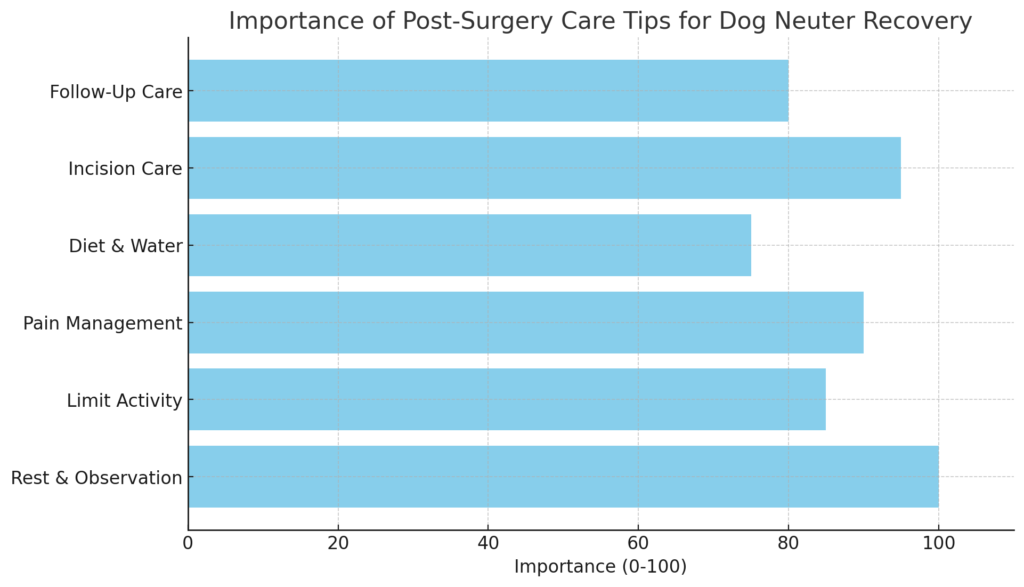
Signs of Complications After Neutering
While neutering is generally safe, watch for these potential complications:
- Bleeding and Swelling:
- Excessive Bleeding:
- While some minor bleeding immediately after surgery is normal, excessive bleeding that persists or increases can indicate a problem. This might be visible as blood on the incision site or through the bandage.
- Swelling:
- Mild swelling is expected around the surgical area. However, if the swelling becomes pronounced, firm, or warm to the touch, it could indicate a hematoma (accumulation of blood) or infection.
- Excessive Bleeding:
- Gastrointestinal Issues:
- Persistent Vomiting or Diarrhea:
- Continuous vomiting or diarrhea after surgery can be signs of anesthesia reaction, medication side effects, or gastrointestinal upset. It’s important to monitor the frequency and consistency of these symptoms.
- Difficulty Urinating:
- Difficulty urinating or straining to urinate might indicate urinary retention or urinary tract infection. This can sometimes occur due to anesthesia effects or post-operative discomfort.
- Persistent Vomiting or Diarrhea:
- Infection:
- Signs of Infection: Watch for signs such as:
- Fever:
- A body temperature above the normal range (around 101-102.5°F or 38.3-39.2°C in dogs).
- Lethargy:
- Unusual tiredness or lack of energy beyond the expected recovery period.
- Inflammation:
- Redness, heat, or swelling around the incision site.
- Discharge:
- Pus-like or foul-smelling discharge from the incision, which may indicate an infected wound.
- Fever:
- Signs of Infection: Watch for signs such as:
When to Seek Veterinary Attention
Prompt veterinary attention is crucial if you notice any of these symptoms or changes in your dog’s behavior post-neutering. Dog Neuter Recovery, Early intervention can prevent complications from worsening and ensure your dog’s recovery remains on track:
- Immediate Action:
- Contact your veterinarian immediately if you observe excessive bleeding, severe swelling, persistent vomiting or diarrhea, or signs of infection like fever and discharge.
- Monitoring and Communication:
- Even if symptoms seem mild, it’s essential to communicate any concerns with your veterinarian. They can provide guidance on whether further evaluation or treatment is necessary.
Importance of Veterinary Care
Your veterinarian is your best resource for monitoring your dog’s recovery after neutering. They can assess the incision site, manage pain, provide appropriate medications, and address any complications that may arise. Regular follow-up appointments allow them to track healing progress and adjust the treatment plan as needed.
By staying vigilant and proactive in monitoring your dog’s post-neutering recovery, you can help ensure a smooth healing process and reduce the risk of complications. Always follow your veterinarian’s advice regarding post-operative care and seek their guidance promptly if you have any concerns about your dog’s health.
Long-Term Benefits of Neutering
Neutering offers several long-term benefits for your dog’s health and well-being:
Health Benefits
- Reduction in Cancer Risks:
- Testicular Cancer:
- Neutering removes the testicles, eliminating the risk of testicular cancer, which is common in intact male dogs.
- Prostate Problems:
- Neutering reduces the risk of benign prostatic hyperplasia (enlargement of the prostate gland) and decreases the likelihood of prostate infections or tumors later in life.
- Testicular Cancer:
- Overall Health Improvement:
- Neutered dogs often experience fewer health issues related to reproductive organs, leading to a longer and healthier life span.
- It can also reduce the risk of certain sexually transmitted infections and diseases that may be contracted during mating.
Behavioral Changes
- Reduction in Aggression:
- Neutering can decrease aggressive behaviors in male dogs, such as territorial aggression and dominance-related aggression.
- It may also reduce tendencies toward fighting with other male dogs over mates or territory.
- Decrease in Roaming Behavior:
- Intact male dogs often exhibit strong instincts to roam in search of mates. Neutering can significantly reduce this roaming behavior, making them less likely to escape and get lost.
- Less Marking Behavior:
- Neutered males are less likely to engage in marking behaviors where they urinate to scent mark their territory. This can help maintain a cleaner home environment.
Population Control
- Reducing Unwanted Pregnancies:
- Neutering prevents male dogs from impregnating females, thereby reducing the number of unwanted litters.
- This contributes to controlling pet overpopulation, which is a significant issue leading to overcrowded animal shelters and euthanasia of unwanted animals.
- Community Impact:
- By reducing the number of stray and unwanted puppies, neutering helps alleviate the burden on animal welfare organizations and municipal animal control services.
- It promotes responsible pet ownership and helps ensure that every dog has a loving home.
Do You Know
Cats are known for their strong territorial instincts, which play a crucial role in their ability to find their way home. Unlike many other animals, domestic cats establish a territory that they consider their own. This territory serves as their hunting ground, shelter, and breeding area. When a cat ventures beyond its familiar boundaries, it often does so purposefully, driven by a combination of curiosity and an innate drive to explore.
Conclusion
In conclusion, Dog Neuter Recovery Proper care and attention during your dog’s recovery period after neutering surgery are crucial for their health and comfort. By following these detailed guidelines and maintaining open communication with your veterinarian, you can support a smooth and successful recovery process. Neutering not only benefits your dog’s health but also plays a significant role in responsible pet ownership and population control efforts.
How long does it take for a dog to recover from being neutered?
Dog neuter recovery typically spans about 10-14 days. During this period, it’s crucial to monitor your dog for any signs of discomfort or complications. Minimal activity is recommended to ensure the incision heals properly, and follow-up visits may be necessary to assess the healing progress.
How do you take care of a dog after neutering?
Care during the dog neuter recovery phase involves providing a quiet, comfortable space free from other pets and noise. Keep the dog indoors and monitor the incision for any signs of infection or irritation. Pain management is critical, and medications prescribed by your vet should be administered as directed.
Can I leave my dog alone after neutering?
It is advisable to monitor your dog closely during the initial stages of dog neuter recovery. If you must leave, ensure they are confined to a safe, comfortable area to prevent injury as they may still be under the influence of anesthesia.
Can you walk a male dog after neutering?
Light walking is beneficial during dog neuter recovery, but it should be limited to short, controlled outings to prevent strain on the surgical site. Always use a leash to manage their pace and distance effectively.
Do dogs cry a lot after being neutered?
Some dogs might express discomfort through crying or whimpering after neutering. Effective pain management, a quiet recovery space, and gentle reassurance can help alleviate their distress during the dog neuter recovery process.
What is the best age to neuter a male dog?
The ideal age for neutering can vary, but most veterinarians recommend the procedure be done between six to nine months old. This timing helps ensure a smoother dog neuter recovery and can prevent unwanted behaviors before they start.
Is neutering painful for dogs?
While the neutering procedure itself is performed under anesthesia to prevent pain, post-operative care is essential to manage discomfort during dog neuter recovery. Your veterinarian will provide pain relief options to ensure your dog remains comfortable.
Can I take my dog out to pee after neutering?
Yes, short trips outside are necessary for your dog to relieve themselves after surgery. Keep these outings brief and calm during the dog neuter recovery period to avoid putting extra stress on the incision site.
How do male dogs feel after being neutered?
After neutering, dogs may feel slightly disoriented and uncomfortable as the anesthesia wears off. Proper care and pain management during dog neuter recovery help ensure they return to their normal selves soon.
What happens if a dog jumps after being neutered?
Jumping or other vigorous activities can harm the healing process during dog neuter recovery. It’s important to keep your dog calm and restrict their movements until the vet confirms the incision has fully healed.
Are dogs still happy after being neutered?
Neutering doesn’t negatively affect a dog’s overall happiness. Many dogs continue to lead joyful, energetic lives once the dog neuter recovery period is over, often with fewer behavioral issues related to aggression and marking.
How long do dogs sleep after neutering?
It’s common for dogs to sleep more than usual immediately following surgery as part of the dog neuter recovery process. This increased rest helps their bodies heal.
How do I comfort my dog after neutering?
Comforting your dog during dog neuter recovery includes providing a warm, quiet place to rest, using soft bedding, and offering gentle affection. Keep them comfortable with pain medications as prescribed and provide a calm environment.
Do dogs grow more after being neutered?
Neutering does not affect a dog’s physical growth in terms of height or size, but it can influence their weight. Proper diet and exercise are important during dog neuter recovery to manage weight gain.
Can dogs walk after neutering?
Dogs can walk after being neutered, but it should be limited to gentle, short walks during the dog neuter recovery period. This helps prevent complications and ensures a smoother healing process.
Will neutering a dog calm him down?
Neutering often helps reduce undesirable behaviors influenced by hormones, such as aggression and excessive marking. Many owners notice a calmer demeanor in their pets following successful dog neuter recovery.

